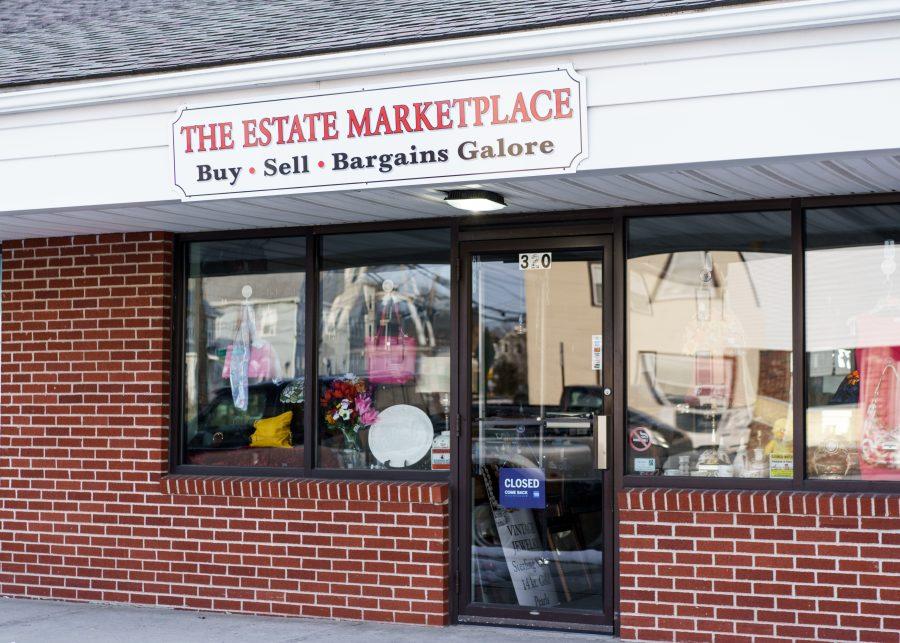Although some have always turned to second-hand shopping to get clothes, it has become more mainstream as of late. It’s a good choice for both the socially-conscious and low-spenders, but while thrift-shopping, you are most likely supporting one of two companies, Goodwill or Savers. Both are known to be charitable, non-profit companies; this statement doesn’t hold as much merit as they want you to think.
Both stores claim to donate a majority of their profits to charity, but in reality, Savers only donates between 8 percent and 17 percent of revenue according to NBC News, and Goodwill only contributes less than an eighth of their profits (1). The rest of the profit goes to upper level administration. Goodwill also has been actively fighting the raise of minimum wage, claiming they can’t afford to pay their employees despite their nearly $4 billion profit (2). Is this really where we want our donations to go?
Shopping small has been a recent trend that was popularized during the pandemic. Because of the spreading virus, people are less likely to leave their homes and go shopping. It’s popular for good reason too. The money goes directly to lower and middle-class business owners rather than the top 1 percent. Well, you can also shop small while thrifting.
Independent second-hand stores and online clothing resellers usually get a really bad rep. People say they are taking good quality clothing out of the hands of the lower class and raising the prices where it is no longer affordable. But here is a shocking statistic: 84 percent of donated clothing ends up in landfills (3). So if that’s the case, why does it matter who is buying the clothing or what store it ends up in, as long as it isn’t being left to disintegrate in a pile of trash?
As college students, most of us can’t afford going to a high-priced second hand store, so here are some better options for buying, as well as donating, your own clothes in the Boston area:
The Garment District in Cambridge
This second-hand store has options for low-budgeters and those with a little wiggle room. On the lower level, new donations that have not yet been sorted through are available for purchase for $2 per pound! The upper level has already been sorted through and priced accordingly.
Buffalo Exchange with locations in Brookline and Somerville
This thrift store has options for both buying and selling your own items! Just by purchasing from this store, you are supporting five non-profits including 826 MSP, P:ear, The People Concern, Open Space Institute and HousingPlus. If you are cleaning out your closet this spring, consider bringing your items here while making a little extra cash on the side!
Boomerang’s in Cambridge, Jamaica Plain, West Roxbury and the South End
Known as one of Boston’s best thrift spots by locals, this store brags of unique items and incredibly low prices, perfect for Boston’s many college students! Boomerang’s is also owned and operated by AIDS Action, an organization actively preventing HIV, as well as providing services to those living with the disease.
Urban Renewals in Roslindale
With a similar aesthetic to Savers and Goodwill, Urban Renewals actually boasts even lower prices than the favorite chains, with items like leather jackets priced as low as $7! You can still shop inexpensive items without supporting major corporations like the ones previously stated.
Vivant Vintage in Allston
Uniquely starting off as a traveling clothing cart, owner Justin Pomerleau has provided fun and chic clothing since 2013. His team of six still features a cool experience while also catering to locals. Their prices are a bit higher but every Wednesday, there is a 15 percent discount for students and teachers, so be sure to check them out!
Whether you check out one of these stores or support another indie thrift shop, just know that your planet thanks you.
https://www.rd.com/article/what-happens-used-clothing-donations/


